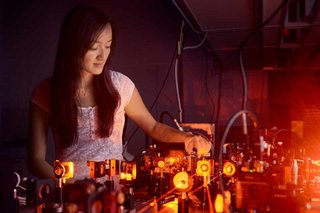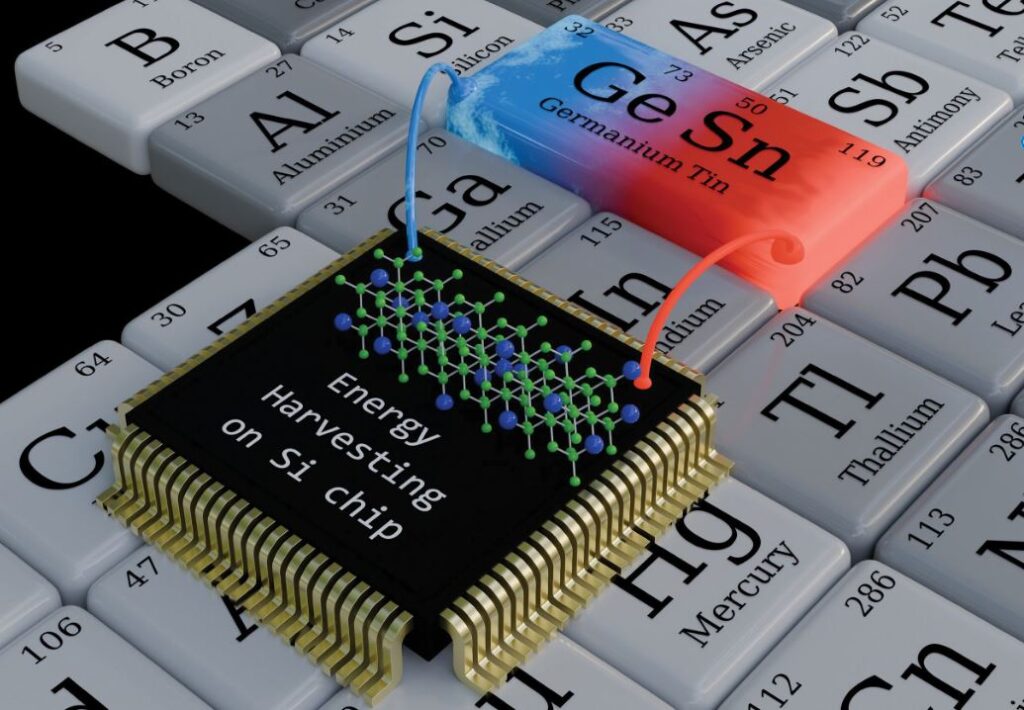
Engineering researchers at the University of Minnesota Twin Cities have demonstrated a state-of-the-art hardware device that could reduce energy consumption for artificial intelligent (AI) computing applications by a factor of at least 1,000.
The research is published in npj Unconventional Computing titled “Experimental demonstration of magnetic tunnel junction-based computational random-access memory.” The researchers have multiple patents on the technology used in the device.
With the growing demand for AI applications, researchers have been looking at ways to create a more energy efficient process, while keeping performance high and costs low...
Read More








Recent Comments